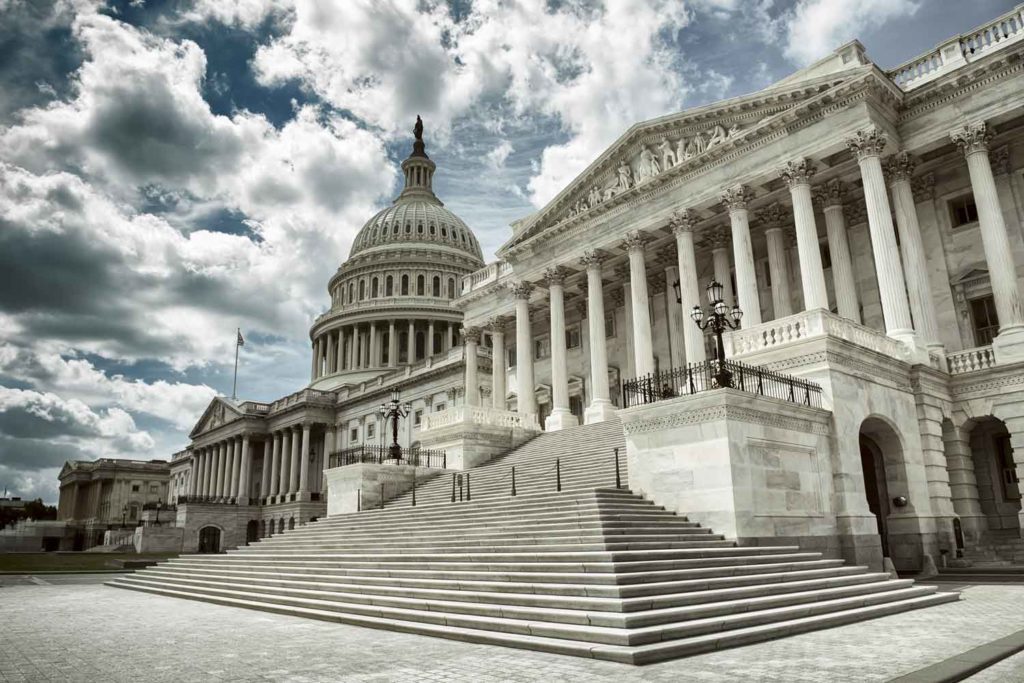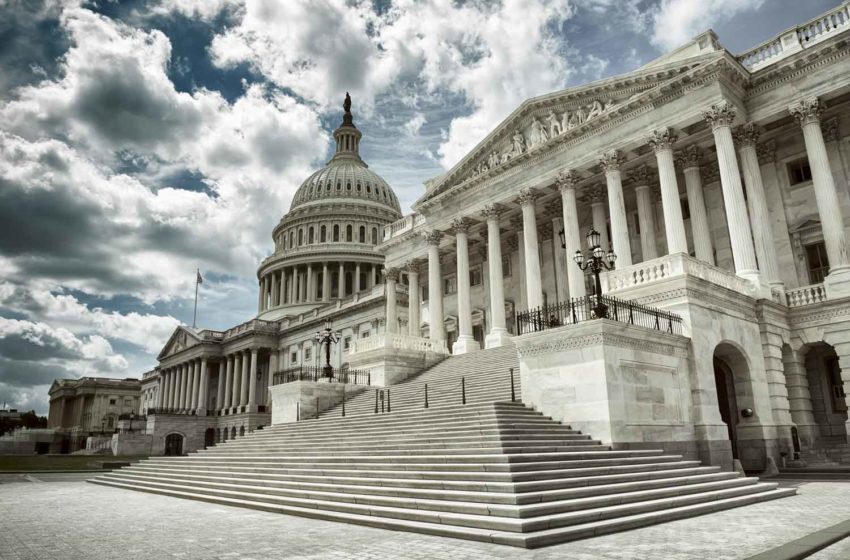
Synthetic nicotine products will soon require U.S. Food and Drug Administration marketing approval. The U.S. Senate approved a $1.5 trillion spending bill that includes language that changes the definition of a tobacco product to include synthetic nicotine. The legislation now heads to President Joe Biden, who looks forward to signing it into law, according to White House spokesperson Jen Psaki.
Synthetic nicotine—nicotine that is made in a lab rather than derived from tobacco—has long existed in a legal gray area, and many companies started using it after their natural nicotine products were denied market access by the FDA. Public health groups have been warning that synthetic nicotine e-cigarettes, such as Puff Bar, have grown in popularity among teens while skirting FDA oversight.
The Food, Drug and Cosmetic Act, which includes the 2009 Tobacco Control Act, defines a tobacco product as “any product made or derived from tobacco that is intended for human consumption, including any component, part or accessory of a tobacco product (except for raw materials other than tobacco used in manufacturing a component, part or accessory of a tobacco product).”

At a time when FDA is under scrutiny from multiple federal courts for unlawful regulatory overreach on nicotine, handing the agency even more powers to prevent Americans from switching to vaping is like handing car keys and a bottle opener to your drunk uncle.
Amanda Wheeler, president of the American Vapor Manufacturers Association
Proponents of the policy change refer to it as closing a loophole. “By using synthetic nicotine, e-cig companies are avoiding public health protections for flavored tobacco products and still hooking teens,” tweeted billionaire philanthropist Michael Bloomberg. “With millions of kids still using e-cigs, we must get synthetic nicotine products off the market.”
Critics contend that, given the flaws and deficiencies in the FDA approval process, the new rules will likely result in the prohibition of products that smokers have been using to quit cigarettes.
Amanda Wheeler, president of the American Vapor Manufacturers Association, said banning synthetic products will drive millions back to combustible cigarettes.
“At a time when FDA is under scrutiny from multiple federal courts for unlawful regulatory overreach on nicotine, handing the agency even more powers to prevent Americans from switching to vaping is like handing car keys and a bottle opener to your drunk uncle,” she said.











